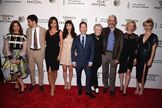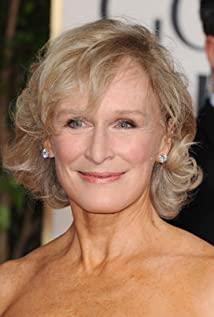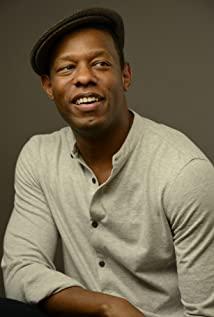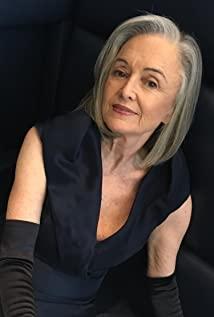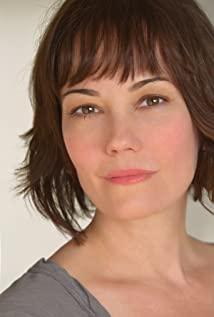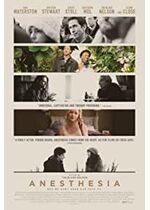-
Prof. Walter Zarrow: But then, what do all these thinkers we've examined this semester have in common? If we truly explore to find a common thread? At the outset of a century that would constitute the bloodiest in human history. Along with scientific and technological advancements that would literally make us like Gods. Even as we began to dismantle the very meaning of God. They ask, what is a life? Does to live any longer have a how? Does it any longer have a why? Against a backdrop of industrialization, people will contend with alienation, dislocation, population on a mass scale, and murder on a mass scale. They'll consider the constraints of truth. Whether metaphor or paradigm, with many concluding actual truth has never existed. A nexus in the great human saga, when we dared to trade the organizing bliss, of good and evil, right and wrong, as determined by a creator for other opiates: communism, socialism, capitalism, psychology, technology, any learnable system to replace what had begun to evaporate: the 20th century. My own. But also the one into which each of you was born. For many, an era of hope liberation, possibility. For others of abandonment and despair. A most human century in which we begin really to understand that Nietzsche was right: we are beautifully, finally, achingly, alone. In this void, philosophy at its worst becomes self-reflective, linguistic, semantic, relativism having rendered any discussion of right and wrong, good and evil, to be the quaint concerns of another age. At its most provocative, it asks other questions. Those concerned with locating our stranded selves, when meaning seems to have died, nothing less, in short, then 'why do we live at all?' and 'what makes us who we are?' They ask, 'what now?' And we're still asking it. What will fortify us as another century, your century, commences? Do we abandon finally the search for truths that seem ever more elusive, even silly to some? The ethical? The moral? The good? Principles that by definition can never be prove when so much now can be proved? Or is all this finally and forever pointless? Are we done? We can destroy cities, alter the planet irreversibly, speak instantaneously face-to-face from across the globe, create life where there was to be none, even while intoxicating ourselves with it all. And yet, how do we still seek purpose? And where do we hope to find it if we're so busy convincing ourselves there needn't be any? And so we wander, eyes closed to the dark, while technology, science, medicine and godlessness blaze illusions around us, with less to guide us now than ever, seemingly omnipotent, but more human and just as afraid. These quandaries do not end with this course in a week from today. They begin. And I certainly haven't taught these writers for 30 years just so you can drop references to existential thinkers and their antecedents at dinner parties. The crowd is untruth. In an era darkened by the false shade of imperviousness, you and those who pause to question, carry the light. It's been a wonderful 34 years. Let's not be strangers, either to one another, or more importantly, to everything we've learned from one another. May your best years be yet to come. And so for us all.
[all applauding]
Prof. Walter Zarrow: [all cheering] Thank you, thank you, thank you.
-
Prof. Walter Zarrow: I used to believe in nothing; now I believe in everything.
-
Allie: Well, like you say mom. Smart people, girls especially, are all fucked up.
-
Allie: Just don't drink anymore.
Sarah: It's not that easy.
Allie: Try middle school.
-
Joe: Simplicity of the divine.
Prof. Walter Zarrow: You've read Augustine?
Joe: Not everything.
Prof. Walter Zarrow: Don't worry. No one has.
Joe: And in translation too.
Prof. Walter Zarrow: I'd be lying if I said I didn't need a moment to process where this conversation has suddenly veered.
Anesthesia Quotes
Extended Reading


